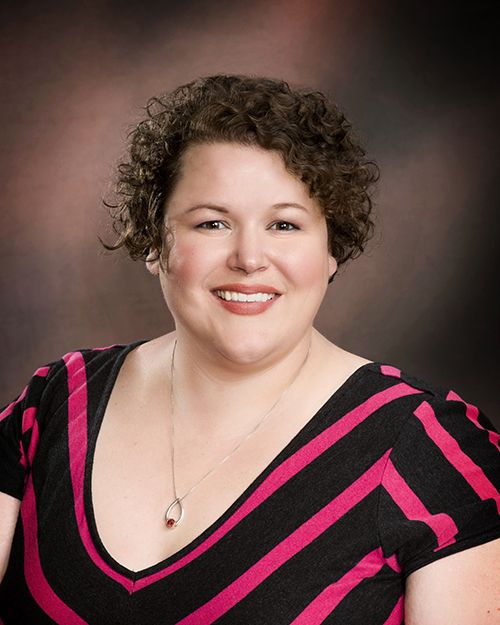by Emily Flemming, MNA Director of Operations
Recently, MNA had the opportunity to visit with AmeriCorps and VISTA members at the annual ServeMontana Symposium. MNA’s team was there to present during a breakout session, and knowing the quality of the AmeriCorps and VISTA programs in Montana, I was not at all surprised by the terrific questions asked and insights offered.
One question came up several times: Which is more beneficial to my nonprofit career—an advanced degree or credential, or work and volunteer experience?
I reached out to MNA board member and Executive Director of Montana Campus Compact and Director of Civic Engagement at the University of Montana, Dr. Andrea Vernon. Andrea has been the driving force behind the Nonprofit Administration programs at UM, and has worked with students at undergraduate and graduate levels for 15 years
“The professionalization of nonprofit sector leadership positions has evolved rather quickly over the past 20 years, due in part to more and more colleges and universities offering not only bachelor’s level degrees but more recently graduate degrees as well. As a result, it is becoming much more common place for EDs, especially as younger ones are being hired as the older generation (who did not have access to college-level nonprofit coursework) retires, to have graduate-level degrees in nonprofit administration, public administration, or business administration/management,” Andrea said.
But does a degree mean more than on-the-job experience?
“Experience will always be a factor in hire-ability as well,’ “Andrea said. “I always tell students, it will not hurt them to have an advanced degree or professional certificate in nonprofit administration – it will only help them, and it is likely to open more doors for them and faster than if they didn’t have the educational background.”
Andrea also shared research that indicated that those who obtain professional certificates specific to the nonprofit sector were more likely to advance to senior positions in the sector, and were more likely to remain employed in the nonprofit sector.
She also told me that coursework in nonprofit is also very valuable to those who are switching careers from other job fields. “It’s a great way to quickly elevate their professional skills.”
Sarah Sadowski, Grants Manager at the Governor’s Office of Community Service, gave additional perspective to the AmeriCorps experience, saying, “The experience gained by Service members varies with the kind of service they do. If they’re in direct service, working directly with people or on landscapes, for example, they’re ready for a job in human services or with the forest service. If they’ve been doing indirect service, such as with AmeriCorps VISTA, then they’ve already gotten experience working in the operations of nonprofit orgs.”
“Some people join National Service because they don’t know what they want to do, and they leave with purpose. They also leave with experience, references, and an Education Award,” Sarah pointed out, “The Education Award can offset loans and be applied toward tuition for an advanced degree. Many institutions match the Education Award, further increasing the benefit.”
“Each of us has to figure out our gifts and passions and how we can best use those in the world, and National Service programs help with that. The level of experience that a service member achieves by being a part of the National Service is important and often connects to education and profession.”
Julia Walsh, Operations Administrator for the Helena Business Improvement District, and VISTA Program Specialist at the Montana State Prevention Resource Center, echoed similar thoughts. “In AmeriCorps you advance to really important roles early. I got experience managing others much earlier than I would have in a traditional work environment. The skills you learn are unique and special.” Julia has worked in the nonprofit sector for several years and was introduced to nonprofit work serving in AmeriCorps. I asked Julia, How has your experience played a role in advancing your career in nonprofit work?
“For me it was a gradual transition. I started as an unpaid volunteer, then maxed out on AmeriCorps opportunities, and then found staffing positions that were similar, or a step up from what I did before. Now, working with the VISTA program, I tell members that the most important thing is learning how to sell your service experience. They need to recognize how valuable service experience is, and how to sell themselves as professionals.
So what will take you further, experience or education? The answer – it depends. There is no right answer for everyone, and this is both a challenge and a blessing.
As the future of nonprofits, it’s important for young leaders to make the most of each volunteer, education, work, and service experience they have. Whether you are in school or volunteering for a nonprofit, document your experience and seek challenges and learning opportunities.
As nonprofit employers, it’s our job to see experience and education as value unique to each individual. The blessing here is that nonprofit work is driven by passion and connection. For many nonprofit employees, you find yourself in the nonprofit sector not entirely sure how you got there, but so glad you did. If the answer to this question was cut and dry, the mystery, experience and journey of discovering nonprofit work would be lessened.
I think it is also important to look at the intention behind the question. Exposure to the nonprofit sector through AmeriCorps service has inspired these young men and women to continue their careers in the nonprofit sector—and they want to know how to do it well. These are the future employees you will want to hire.
Want to know how to make employees like this welcome in your organization? Attend MNA’s Building Tomorrow’s Nonprofits presentation by registering here.
For information about the AmeriCorps Progam, click here.
Find more information about the Nonprofit Administration Program here.

 by Emily Flemming, MNA Director of Operations
by Emily Flemming, MNA Director of Operations